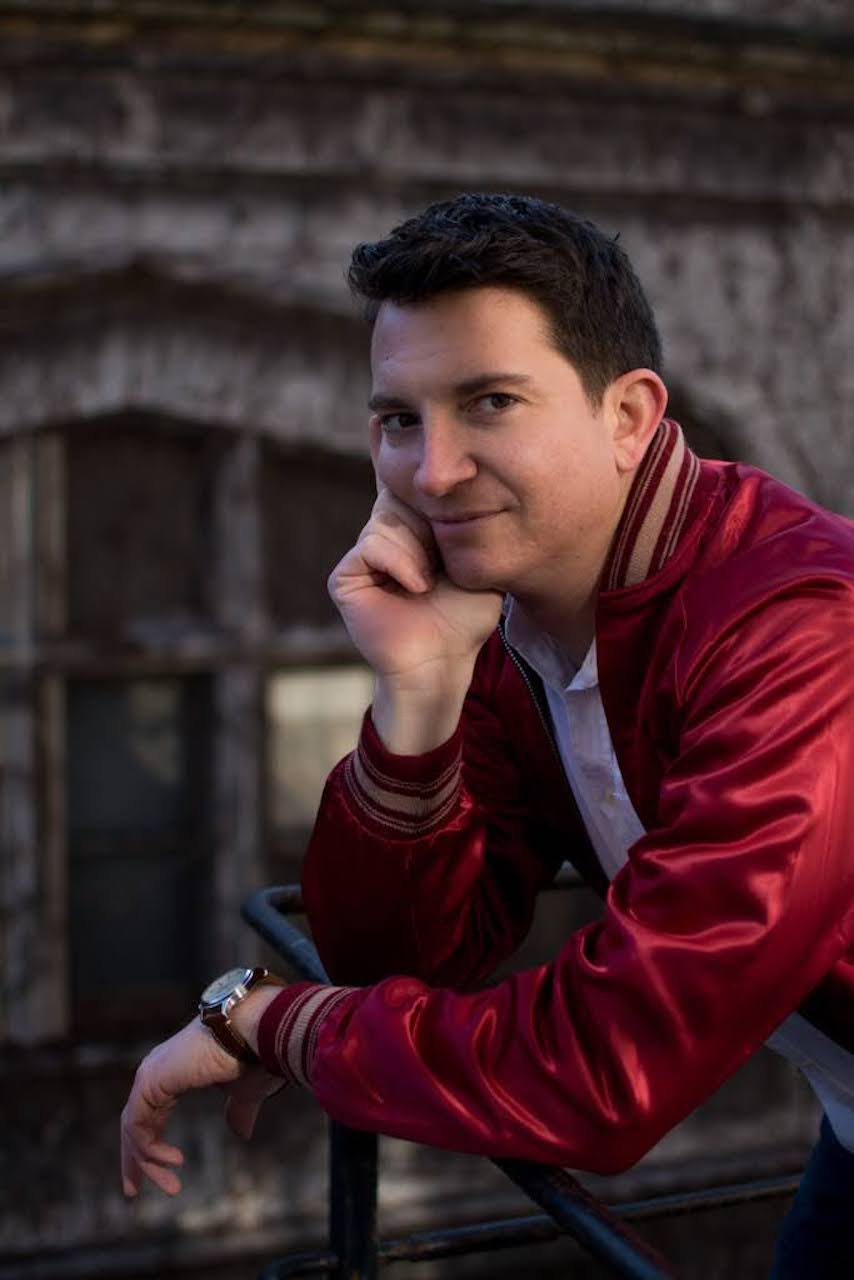
Schedule office hours here.
Alex Hofmann is an Assistant Instructional Professor of History in MAPSS. Professor Hofmann is a cultural historian of the nineteenth- and twentieth-century American South. He is interested in how the presumed idiosyncrasies of Southern life make legible currents of the U.S. experience that ran subterranean through other regions. In this light, the region provides a framework to realize a fuller understanding of U.S. history, its myths, and its contradictions.
More broadly, Professor Hofmann's diverse research interests cohere around an interdisciplinary approach that reframes historical oddities as meaningful evidence of how Americans made sense of the political, economic, and social worlds they inhabited through their everyday lived experience. He explores this through interests that include the histories of perception, collective memory, visual culture, violence, race and racism, and the body. Broadly speaking, he seeks to understand how we reconcile the simultaneous presence of destruction and creation, horror and comedy, gravity and frivolity, grappling with how these not only coexist but also emerge from the same source—the very tension at the heart of the human condition.
He is currently working on his manuscript, provisionally titled Shattered: The South after the Civil War. This project examines how mass witnessing of wartime destruction forced white Southerners to create new ways of making meaning from the material world. In the long aftermath of the Civil War, white Southerners were by necessity experimenting widely with culture, engaging in discursive spectacles that were sometimes playful, sometimes morose, but always processing and restaging the war’s violence. Through these, white Southerners came to understand themselves and their region as dismembered, uncanny, kinetic, and unmoored. Reinterpreting the history of a long Civil War as the prehistory of spectacle lynching, this project concludes by explaining how these war-inspired ways of interpreting the world came to endow specific acts of racial violence with particular meanings that made spectacle lynchings thinkable in ways they had not been previously.
Professor Hofmann teaches widely on cultural history, including the history of themed spaces and the history of spectacle. As with his research, these courses seek to understand how historical actors registered seismic shifts in their everyday lives. Using an interdisciplinary approach, these classes seek to question and expand what we typically count as “history” by reading the inane for its radical significance.
Professor Hofmann earned his PhD in history from the University of Chicago and a BA in history and political science from the University of Southern California. His recent article “The Kinetic South” appeared in Southern Cultures.
 THE UNIVERSITY OF CHICAGO
THE UNIVERSITY OF CHICAGO

